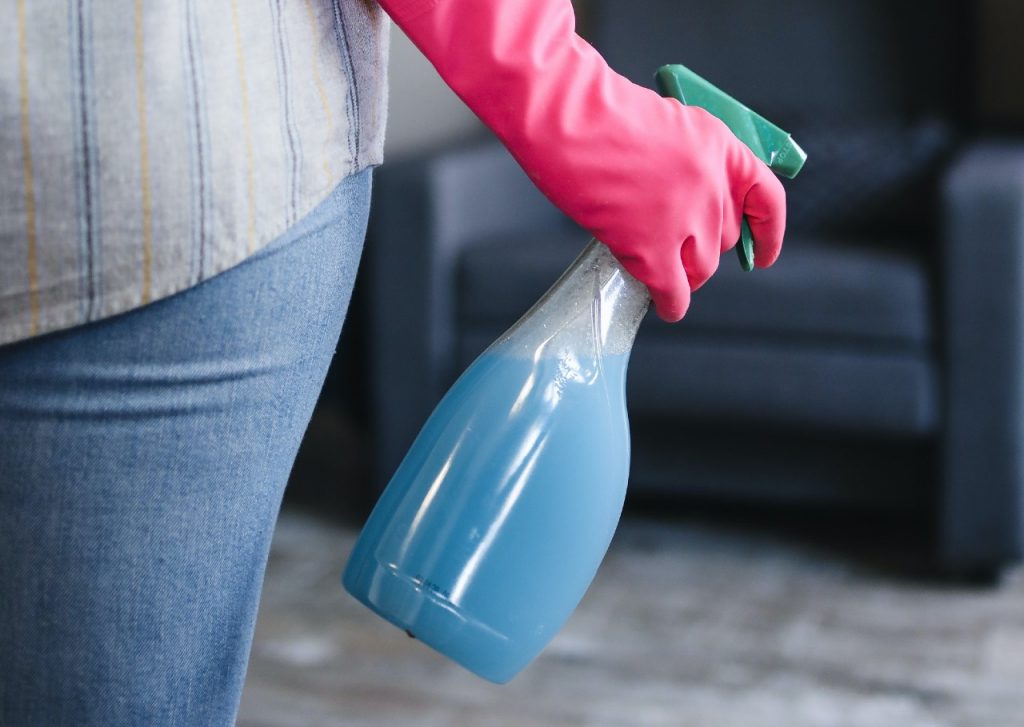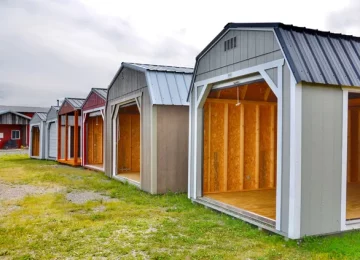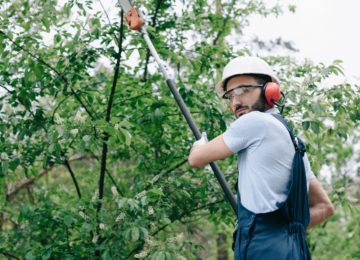Are unwelcome pests making themselves at home in your living space? It might not just be bad luck; poor hygiene could be inviting these troublesome critters right through your front door. Let’s dive into the fascinating link between hygiene habits and pest infestations to help you understand how a clean environment can keep those pesky intruders at bay.
The Connection Between Poor Hygiene and Pest Infestations
When it comes to pest infestations, the connection to poor hygiene is undeniable. Pests like cockroaches, rodents, and flies are attracted to environments with food residue, standing water, and clutter. These unsanitary conditions provide pests with everything they need to thrive and multiply rapidly.
Poor hygiene not only offers pests a cosy home but also serves as a buffet for them. Crumbs on countertops or spills left unattended become an open invitation for ants and other insects. Neglected garbage bins can be a goldmine for scavenging pests looking for their next meal.
Moreover, cluttered spaces create hiding spots for pests to nest and breed undisturbed. Dark corners filled with boxes or piles of clothes offer ideal breeding grounds for spiders and other creepy crawlies. By maintaining good hygiene practices like regular cleaning, proper waste disposal, and decluttering your living space regularly, you can significantly reduce the risk of attracting unwanted guests into your home.
How Poor Hygiene Attracts Pests to Your Home or Environment?
Poor hygiene can serve as a welcoming invitation for pests to invade your home or environment. When food crumbs are left out, dirty dishes pile up in the sink, or garbage bins overflow, pests like cockroaches and ants find an abundant food source. Stagnant water from leaking pipes or clogged drains not only attracts mosquitoes but also other insects seeking moisture.
Cluttered spaces offer ideal hiding spots for rodents such as mice and rats to nest and breed without disturbance. Neglected areas with accumulated dust, dirt, and grime provide habitats for spiders and silverfish to thrive undisturbed. Unsealed cracks in walls or floors allow easy entry points for pests looking for shelter.
Failing to properly store food in airtight containers can allure pantry pests like weevils and beetles into infesting your kitchen staples. Even pet waste left unattended outdoors can attract flies and other disease-carrying insects that pose health risks to humans.
Health Risks Associated With Pest Infestations Caused by Poor Hygiene
Pest infestations caused by poor hygiene can pose serious health risks to you and your family. Rodents like rats and mice can carry diseases such as salmonella and leptospirosis, which can be transmitted through their droppings or urine. Cockroaches are known to trigger asthma attacks and allergies due to the proteins they leave behind in their faeces and shed skin.
In addition, pests like bed bugs and fleas can cause itchy bites that may lead to skin infections if scratched excessively. Flies are notorious for spreading bacteria from decaying matter to surfaces where food is prepared or consumed, increasing the risk of food poisoning. Furthermore, mosquitoes are vectors for diseases like West Nile virus and Zika virus, posing a threat to your overall well-being.
Maintaining good hygiene practices is essential in preventing these health hazards associated with pest infestations. Regularly cleaning up spills, storing food properly, sealing cracks and crevices, disposing of garbage promptly, and eliminating standing water will help deter pests from invading your living spaces.
Tips for Maintaining Good Hygiene to Prevent Pest Infestations
Maintaining good hygiene in your home is crucial for preventing pesky pest infestations. Start by keeping your living spaces clean and clutter-free. Regularly sweep, mop, and vacuum to eliminate crumbs and spills that can attract pests like ants or cockroaches.
Store food in airtight containers to prevent access for insects and rodents looking for a meal. Don’t leave dirty dishes piled up in the sink overnight, as they can be a feast for hungry pests. Take out the trash regularly and ensure bins are tightly sealed to avoid attracting unwanted critters.
Inspect and repair any leaks or standing water sources, as these can be breeding grounds for mosquitoes, flies, and other pests. Seal cracks and crevices around doors, windows, pipes, and vents to block entry points for insects seeking shelter indoors.
By adopting these simple hygiene practices, you can create an environment that is less inviting to pests while maintaining a clean and healthy living space for you and your family.
Conclusion
Maintaining good hygiene is not just about cleanliness; it plays a crucial role in preventing pest infestations as well. The link between poor hygiene and pests is undeniable, with unclean environments providing the perfect breeding ground for unwanted visitors. By taking simple steps to keep your surroundings clean and tidy, you can significantly reduce the risk of pest infestations.
Remember, prevention is always better than cure when it comes to dealing with pests. So, prioritize good hygiene practices in your home or workplace to keep those pesky intruders at bay. Your health and peace of mind will thank you for it!











